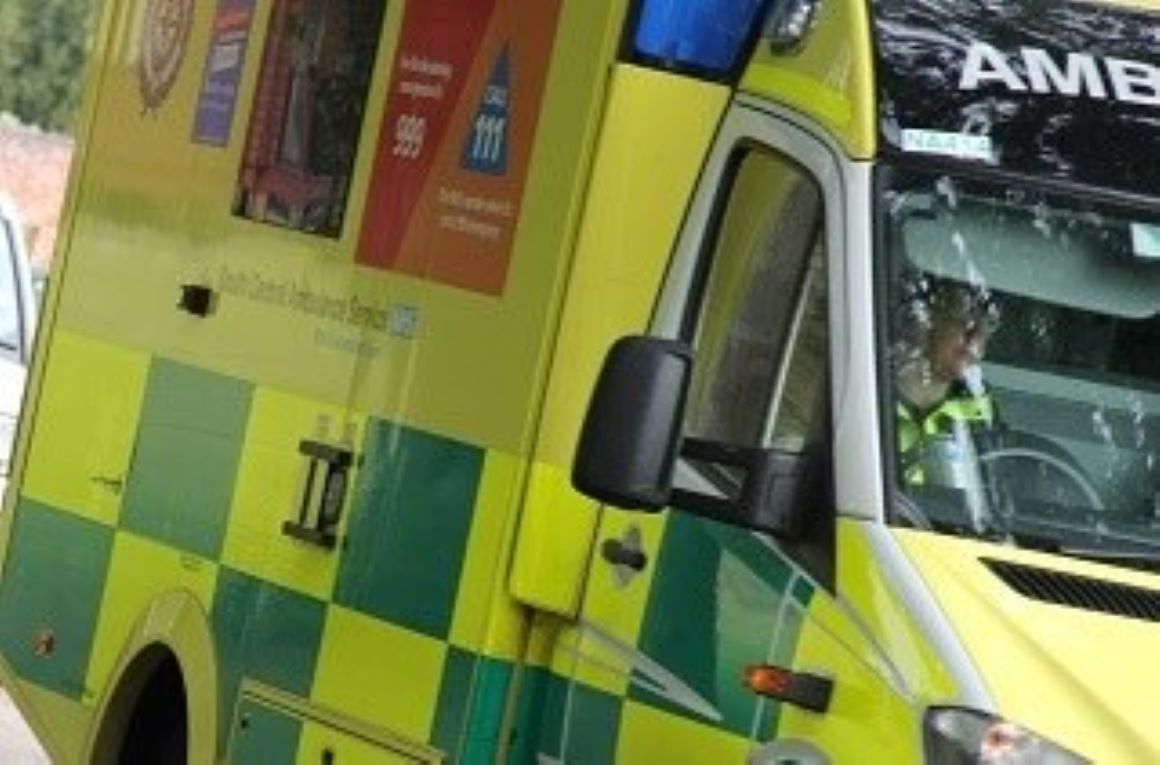Public event – Your Health Matters: Heart Health
In partnership with Oxford University Hospitals NHS Foundation Trust, we’ll be discussing two topics:
- How to recognise and respond to cardiac arrest
- EV-ICD: A new type of implantable cardioverter defibrillator for OUH Patients
Come along and learn how to give CPR and watch demonstrations and talk to the Here for Health team.
- 18 November 2024
- 6.30pm to 8.00pm
- Lecture Theatre 1, Academic Centre, John Radcliffe Hospital, Headley Way, Oxford OX3 9DU
With refreshments from 6.00pm in Foyer 3 (level 3 outside of the lecture theatre)
To book, email ouhmembers@ouh.nhs.uk or call 01865 231472
About the agenda
How to recognise and respond to cardiac arrest
In this talk, you can learn about the differences between cardiac arrest and heart attack, including signs and symptoms, and find out what to do in each case, including demonstrations on how to perform CPR and guidance on other useful resources.
Alan Weir, Specialist Paramedic, Emergency and Urgent Care Manager, Staff Governor, South Central Ambulance Service NHS Foundation Trust
Ian Sayer, Specialist Paramedic, 999 Ops Paramedic Team Leader, Staff Governor, South Central Ambulance Service NHS Foundation Trust
EV-ICD: A new type of implantable cardioverter defibrillator for OUH Patients
Implantable cardioverter defibrillators (ICDs) prevent sudden death in survivors of cardiac arrest, and in those who are at high risk of cardiac arrest in the future. These devices can be lifesaving but carry a risk of complications, especially in young people who might need an ICD for decades of their life. A new type of extravascular ICD (EV-ICD) is being implanted in Oxford University Hospitals, and this solves some of the problems of more traditional devices. Dr Ormerod will explain the current state of care with ICD therapy and will outline the likely benefits (and potential risks) of this exciting new technology
Dr Julian Ormerod MA PhD FRCP, Consultant Cardiologist, Oxford University Hospitals NHS Foundation Trust
Speaker biographies
Alan Weir, Specialist Paramedic, Emergency and Urgent Care Manager, Staff Governor, South Central Ambulance Service NHS Foundation Trust (SCAS).
Alan is an experienced clinician and senior leader in the ambulance & healthcare sector, having worked in both the NHS and third sector over a career spanning more than 25 years. He is currently responsible for the commissioning, management, and governance of providers in the 999 and 111 services operated by SCAS. Alongside this Alan continues to practice as frontline paramedic in the ambulance service. He is author and contributor to several pre-hospital guides, including the world renowned First Aid Manual and the St John Ambulance Clinical Procedures Manual, and has been a regular subject matter expert in national media campaigns and interviews. Alan is also a staff governor, and works closely with SCAS board, membership and wider public.
Ian Sayer, Specialist Paramedic, 999 Ops Paramedic Team Leader, Staff Governor, SCAS.
Ian Sayer is one of the trust’s paramedic team leaders. He qualified as a paramedic about 14 years ago, and latterly completed a university degree in paramedic science. As part of his paramedic team leader role, he manages a team of about twenty staff, both clinicians and non-clinicians. He works the trust’s operational commander rota which is essentially is a role where SCAS attends complicated, serious, protracted incidents involving several agencies. An example of this would be a multi-vehicle road traffic collision with trapped patients, working with the police and fire service. Ian also works as a staff governor which involves working closely with our board of directors, staff and patients and public.
Dr Julian Ormerod MA PhD FRCP CCDS, Consultant Cardiologist
Dr Julian Ormerod is a consultant cardiologist with subspecialty interests in inherited cardiac conditions, complex devices and cardiac MRI. He is a lecturer at Jesus College and Honorary Senior Clinical Lecturer in the University of Oxford.
Dr Ormerod trained in medicine at Cambridge and Oxford Universities and was awarded a PhD in Cardiovascular Medicine by the University of Birmingham in 2011. His research concerned the actions of nitrite in health and disease, including heart failure and ischaemia-reperfusion injury.
He completed clinical cardiology training in Oxford in 2017. He has a keen interest in teaching and training, and in introducing new device techniques and technology such as venoplasty, conduction system pacing and extravascular ICDs.

